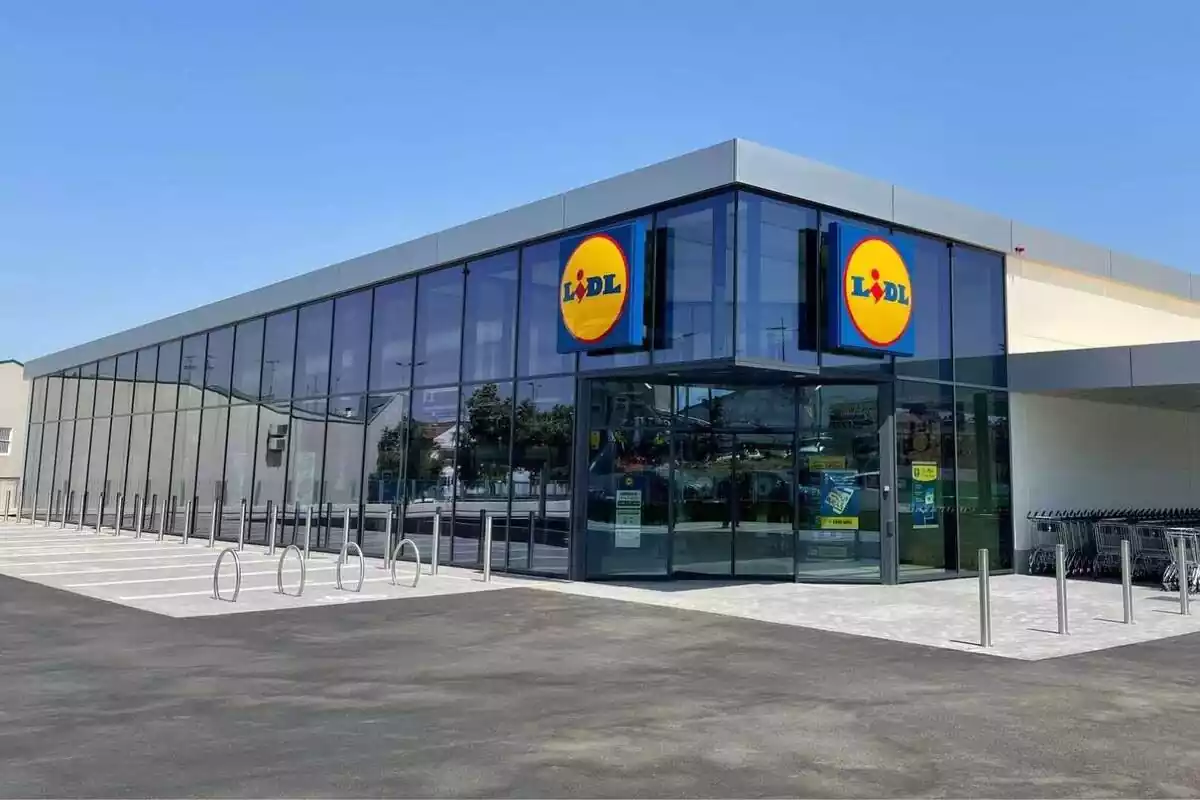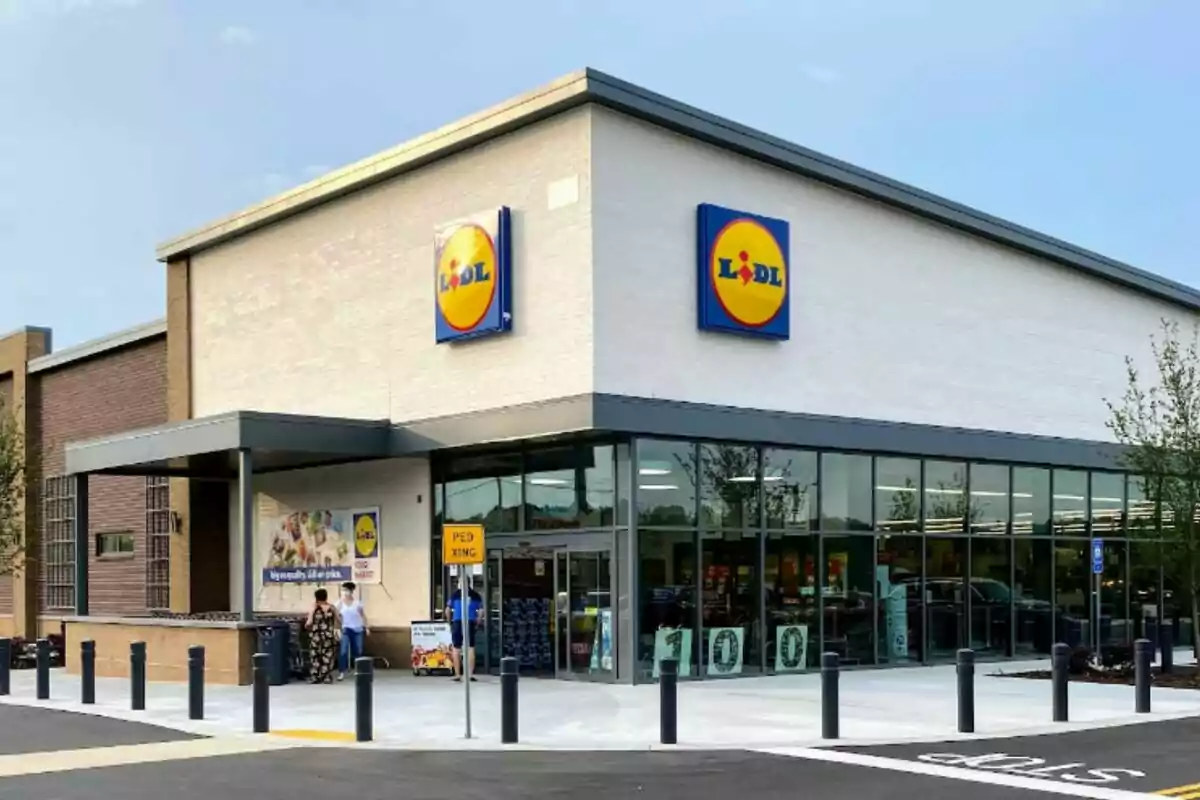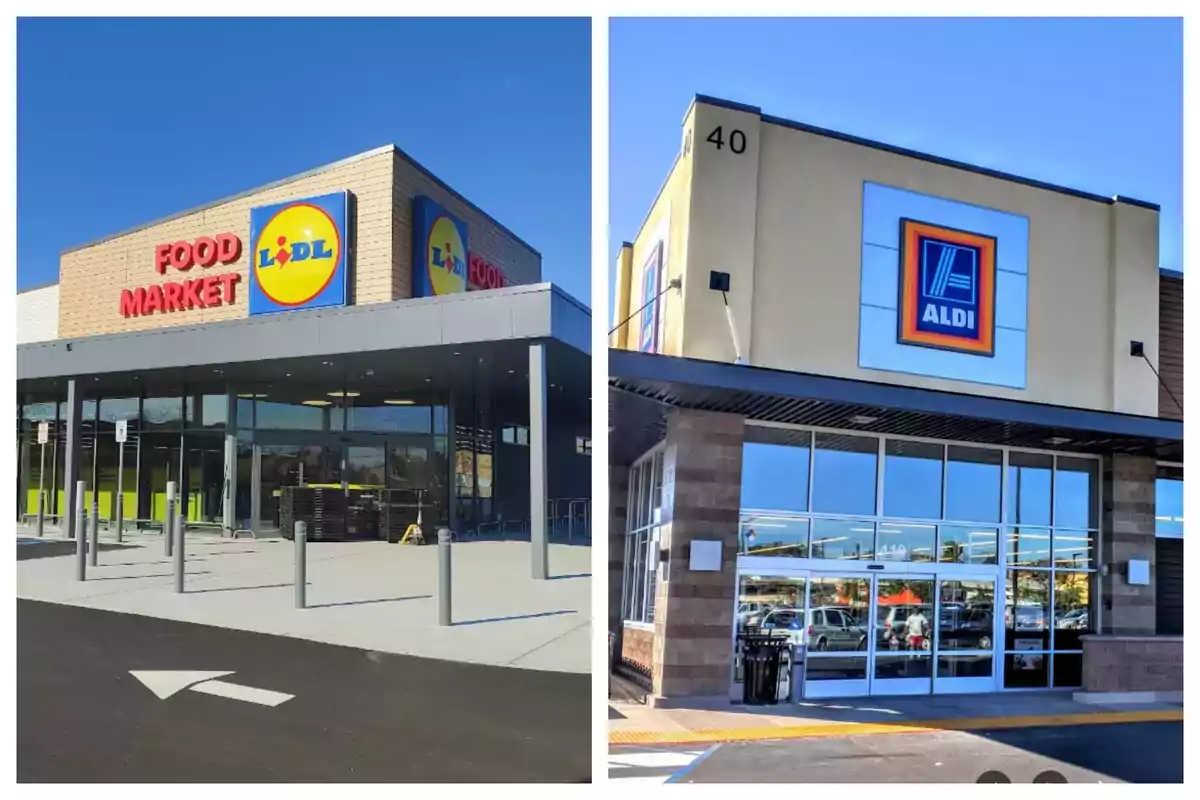In the United States, the supermarket market is a constant battle to capture consumers' attention. Every month, new openings and innovative proposals shake the sector. Competition forces chains to reinvent themselves to avoid falling behind.
Amid this struggle, some brands manage to stand out with unique strategies that attract a more demanding audience. Growth is measured not only by the number of stores but by the ability to offer a different experience. In that sense, Lidl is achieving just that, and its impact doesn't go unnoticed.

Lidl Speeds Up Its Expansion in the United States with Stores on the East Coast
Lidl, the German supermarket chain, continues with a rapid expansion on the east coast of the United States. Currently, it operates about 180 stores in nine states, including New York, New Jersey, and Maryland. At its latest opening in Freehold, New Jersey, held on May 9, it surprised customers with free samples and prizes.
On May 23, Lidl will open a new branch in Brooklyn, New York. This store will serve consumers from 8 a.m. to 9 p.m. daily. In recent months, the chain has also opened several establishments in New Jersey and New York and plans to reach Manhattan during the summer.
Lidl's constant growth reflects its firm commitment to the U.S. market. It not only seeks to expand its network but also to improve the shopping experience. Its arrival in markets like Washington DC and Atlanta confirms that the expansion is far from stopping.

Aldi vs. Lidl: Two Chains Focused on the Low-Cost Market
Aldi is Lidl's main competitor in the United States and has a much broader network, with more than 2,300 stores. This chain has been consolidated for decades and is recognized for its low prices and private labels. However, Lidl has made an entrance since 2017 with a different proposal that seeks to combine quality and variety.
Frank Kerr, director of customer service at Lidl in the United States, points out that their goal is to offer superior quality products at unbeatable prices, even in times of inflation. The experience of shoppers like influencer Soozie the Foodie supports this strategy, highlighting gourmet products, German cheeses, and special ice creams.

On social media, consumers are divided. Some value Aldi's simplicity and prices, while others prefer the careful selection and freshness that Lidl offers, especially in its bakery. This contrast underscores how both chains appeal to different customer profiles.
Lidl's commitment marks a change in the expectations of the American consumer. Low prices are no longer enough; quality and product diversity are key to gaining loyalty. The battle between these two German powerhouses promises to continue defining the supermarket landscape in the United States.

